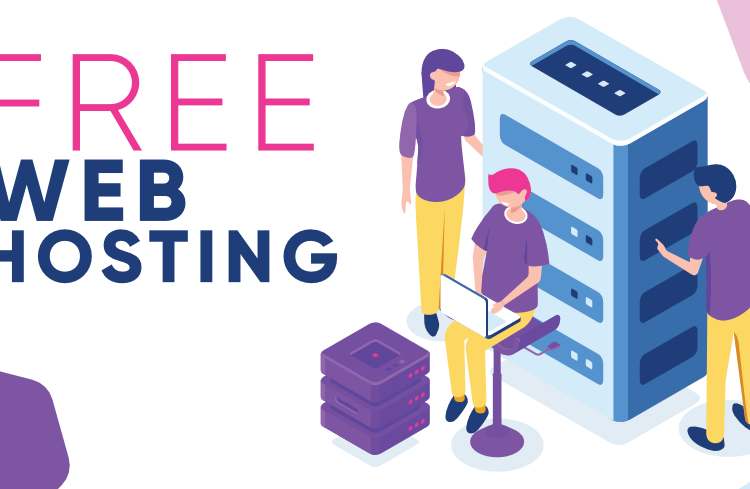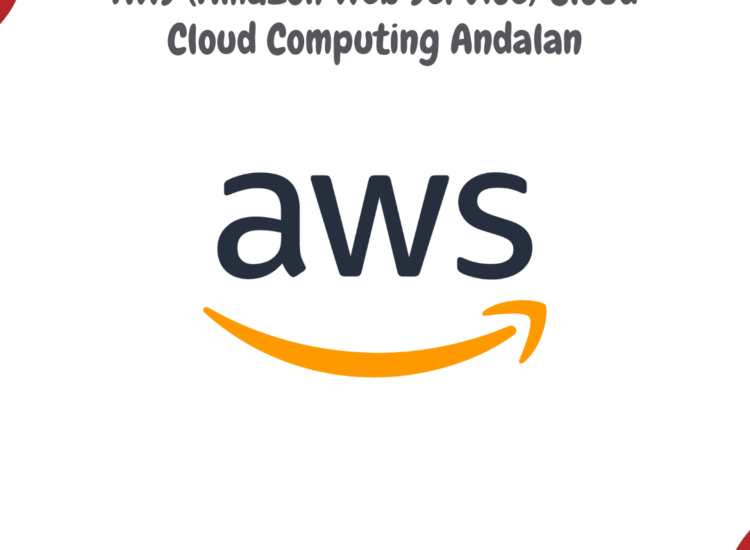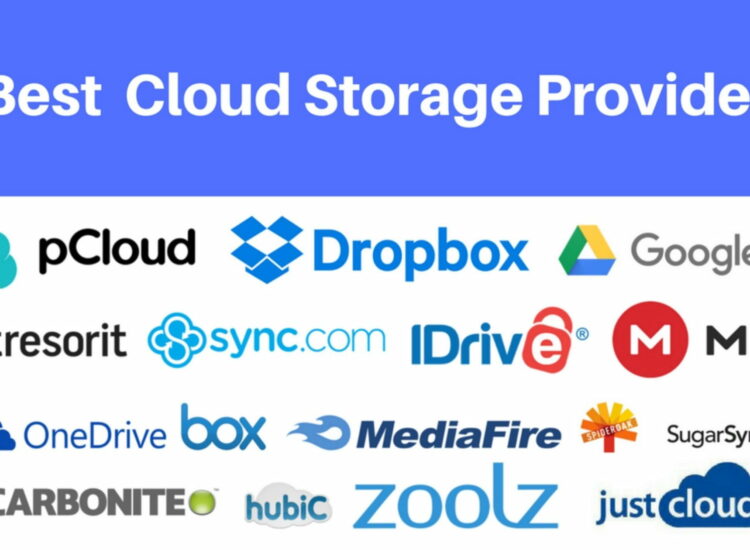In the digital age, a robust online presence is not just an advantage for small businesses; it’s a necessity. Your website is often your first interaction with potential customers and a reflection of your brand’s quality and reliability. For those leveraging WordPress, one of the world’s most popular content management systems, choosing the right hosting solution can make all the difference. Managed WordPress hosting stands out as the guiding star in this crowded terrain, promising not just to host your website, but to optimize it for peak performance.
Toc
The Benefits of Managed WordPress Hosting
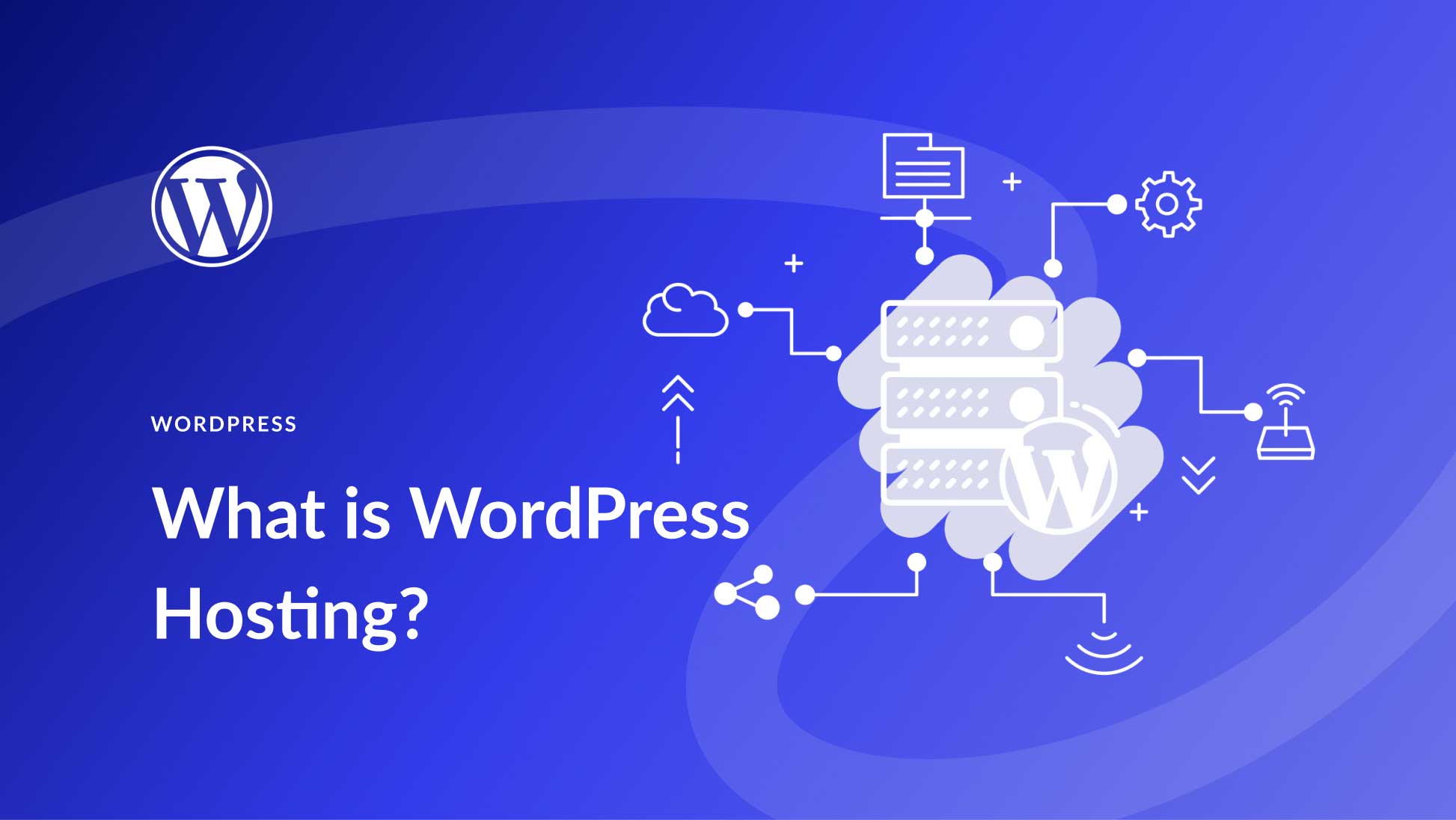
Managed WordPress hosting is more than just a place to store your site data; it’s a fully-fledged service designed to ensure your website runs at optimal efficiency. But what makes it such an attractive option for small businesses?
Performance
Website loading times are a critical factor in user engagement and conversion rates. Managed WordPress hosting environments are expressly optimized for WordPress, doling out resources that boost your site’s response times. By doing so, these environments reduce the bounce rate and ensure that customers have a positive interaction with your online brand.
Security
Cyber threats are a growing concern for online businesses. Managed WordPress hosting providers include robust security measures, such as regular malware scans and automated backups. These proactive defenses help safeguard your website from various types of cyberattacks, providing peace of mind knowing your site and customer data are secure.
Support
Small business owners often lack the time or technical expertise to manage the complexities of a website effectively. That’s where the 24/7 expert support teams associated with managed hosting become invaluable. They take care of technical maintenance and are on standby to assist with any issues, letting you focus more time on building your business.
Types of WordPress Hosting
There are several types of WordPress hosting options available, each offering different levels of scalability:
- Shared Hosting – This is the most basic and cost-effective option, where multiple websites share server resources. While shared hosting can be suitable for small websites, it offers limited scalability.
- VPS (Virtual Private Server) Hosting – VPS offers a middle ground where virtualized partitions on a server provide more dedicated resources. This offers better scalability than shared hosting.
- Managed WordPress Hosting – These plans are specifically optimized for WordPress, with servers tuned to the platform’s requirements. They often include extra features like automatic updates and enhanced security, plus scalability is typically well-handled.
- Dedicated Hosting – With this option, you rent an entire server for your website, providing maximum resources and scalability. This is usually more appropriate for very large websites with high traffic volumes.
- Cloud Hosting – This modern hosting solution allows for near-infinite scalability, as resources are spread across multiple virtual servers in the cloud. Resources can be adjusted dynamically to handle spikes in traffic effortlessly.
Speed and Uptime of wordpress hosting
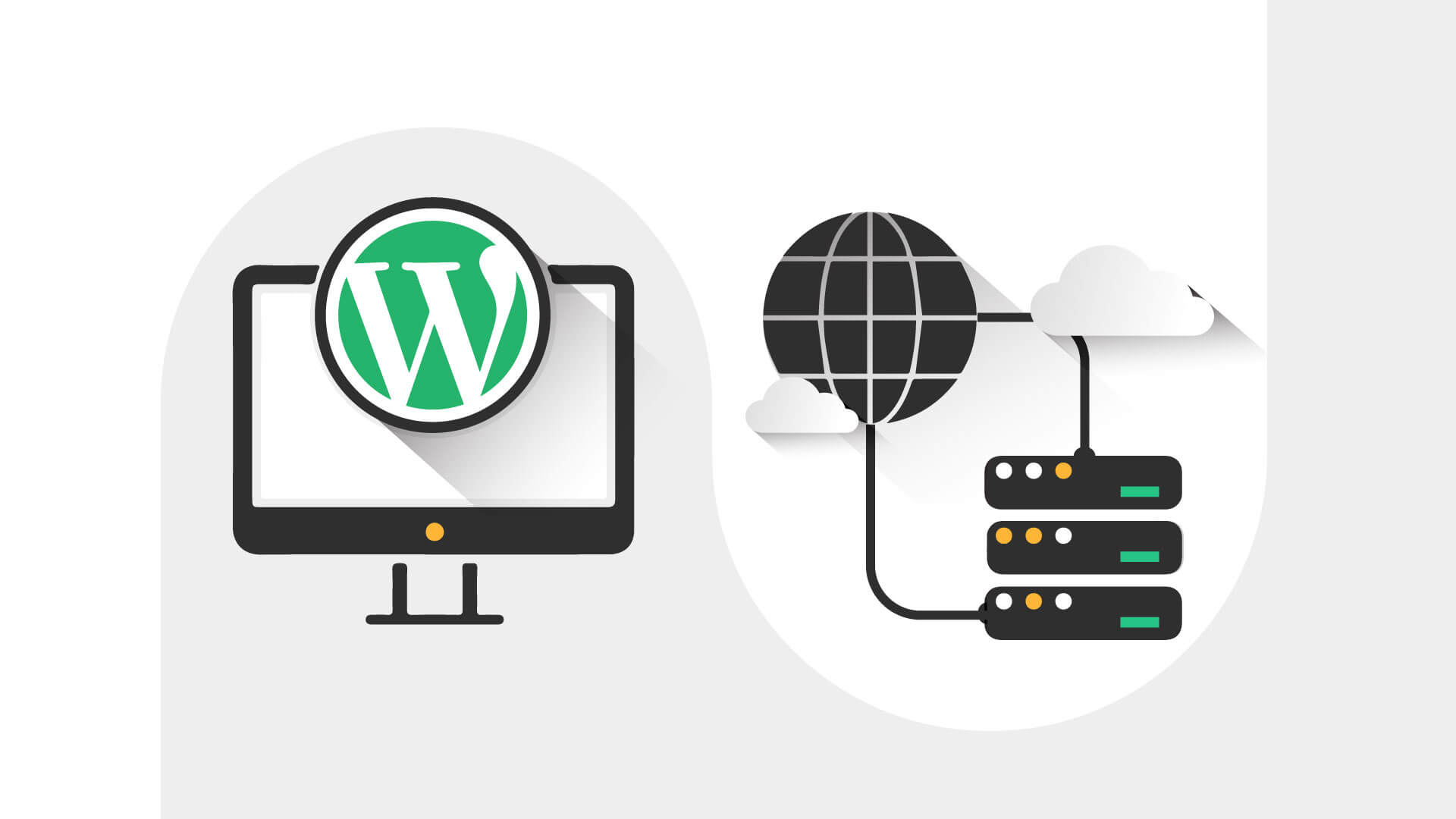
A slow-loading site can frustrate users and dampen your search engine rankings. Equally, uptime is crucial; after all, every minute your site is down is a minute of lost opportunities. Managed WordPress hosting servers are designed to maximize your online availability and speed, which is pivotal for keeping both customers and search engines happy.
When it comes to online success, your website’s performance is a non-negotiable aspect of the user experience. It’s the silent yet powerful engine that propels user satisfaction, search engine rankings, and ultimately the potency of your digital presence. In the intricate web of website management, two critical factors stand out—speed and uptime. These twin pillars are at the heart of WordPress hosting, a mighty tool in the world of content management systems (CMS).
Why Speed is Your Ally in WordPress Hosting
Picture this: you enter a shop with a notion to purchase, but the aisles are cluttered, and it takes an age to find what you need. Chances are, you’ll pivot and exit. Your website is no different. In a digital era where every second count, a sluggish website is akin to a store where the lights flicker—it simply drives potential customers away.
The Impact of Speed on User Experience
Speed is a quintessential element of the user experience. A swift-loading website keeps users engaged, reduces bounce rates, and ushers visitors through your content with efficiency and ease. It’s the first impression that a visitor has of your digital storefront, and it sets the stage for their entire interaction with your brand.
SEO and Load Times
1. https://ngungtaonghiep.com/archive/106/
2. https://ngungtaonghiep.com/archive/102/
3. https://ngungtaonghiep.com/archive/101/
Search engines like Google place a premium on the user experience, of which speed is a significant component. A faster website is more likely to earn a favorable ranking, and this visibility is crucial for attracting organic traffic. With the introduction of Core Web Vitals, Google’s metrics for user experience quality, speed has never been more integral to SEO strategy.
The Economics of Speed
Speed also directly impacts your bottom line. Research shows that a delay of even a few seconds in page load time can drastically increase the likelihood of a user abandoning your site. For e-commerce companies, this could mean a substantial loss in revenue.
The Critical Role of Uptime in WordPress Hosting
Imagine a beacon that shines without fail, inviting voyagers to safe harbor; now imagine your website as that beacon. Uptime, the measure of how often your site is online and accessible, is essential for building trust and ensuring reliability.
Uptime Guarantees and Hosting Services
Most hosting services boast uptime guarantees, often upwards of 99.9%. While no service can promise 100% uptime due to the inevitability of maintenance and unforeseen outages, hosting companies strive to ensure that your website remains a beacon as consistently as possible.
The Cost of Downtime
The cost of your website being down can be measured not just in lost revenue, but in reputational damage. Consistent availability fortifies user trust and solidifies your credibility in an online arena where stability equals reliability.
Choosing a WordPress Hosting Provider
Now that we understand the importance of speed and uptime, how do you choose a WordPress hosting provider that champions these qualities?
Performance Metrics
Evaluate potential host providers on their performance metrics—specifically their load times and uptime records. Look for independent reviews and benchmarks that corroborate their claims.
Support and Scalability
Technical support is a crucial factor in maintaining peak site performance. Consider hosts that offer responsive, expert support to manage any issues swiftly. Additionally, as your website grows, so will its demands; ensure your hosting provider offers scalable plans to accommodate that growth.
Advanced Caching & Content Delivery Networks (CDNs)
Advanced caching mechanisms and CDNs can significantly enhance website speed. A hosting provider that incorporates such technologies is invested in delivering lightning-fast loading times for your website.
Backup and Security
1. https://ngungtaonghiep.com/archive/102/
2. https://ngungtaonghiep.com/archive/107/
3. https://ngungtaonghiep.com/archive/103/
Uninterrupted service also depends upon robust security measures and regular backups. In a crisis, these protocols can mean the difference between a temporary glitch and a catastrophic loss of content.
Price Point
Lastly, balance the cost of hosting services against their performance and features. While cheaper plans may cut upfront costs, investing in a reliable host pays dividends in speed, uptime, and peace of mind.
Scalability of wordpress hosting

When it comes to managing a website, one of the most critical factors for long-term success is scalability. Scalability is a system’s ability to handle growth and manage increased demand smoothly. In the realm of web hosting, particularly for sites powered by WordPress, this means ensuring that your website can accommodate growing traffic and content without performance hiccups or downtime.
Why Scalability Matters in WordPress Hosting
WordPress is by far the world’s most popular Content Management System (CMS), used for everything from small blogs to large-scale e-commerce sites. One of the reasons for its ubiquity is its inherent scalability — WordPress can grow with your business or personal brand. However, the CMS alone isn’t enough; the hosting solution must also be up to the task.
A scalable WordPress hosting plan can adjust resources such as disk space, bandwidth, and processing power as your site’s needs evolve. If your hosting lacks scalability, peak traffic times could slow down or crash your site, negatively impacting user experience and potentially hurting your search engine rankings.
Features of Scalable WordPress Hosting
To ensure that your WordPress hosting solution is truly scalable, look for the following features:
- Automatic Scaling – The hosting should automatically allocate more resources when there’s an increase in traffic, without the need for manual intervention.
- Flexible Pricing – You should be able to pay for the resources you use rather than a flat rate. This helps in managing costs effectively while scaling.
- Caching and Content Delivery Networks (CDNs) – These features help distribute and cache content closer to users, reducing load times and strain on your server.
- High-Performance Hardware – Solid State Drives (SSDs) and the latest processor technology can greatly increase the performance ceiling for scaling hosting.
- Expert Support – A knowledgeable support team can provide guidance and quickly address issues that arise during scaling.
Importance of Security Features
Beyond just uptime and speed, today’s online environment demands fortified security. Managed WordPress hosting often includes advanced security features like SSL certificates, firewalls, and DDoS prevention. By ensuring your site is impervious to most common breaches, managed hosting protects your business’s reputation and builds trust with your customers. Additionally, a managed host will typically handle routine security updates, saving you time and resources that can be better spent on growing your business.
The Role of Customer Support
Nothing alleviates the stress of technical difficulties like diligent customer support. A robust managed WordPress hosting service goes above and beyond to offer expert assistance and ensure swift problem resolution for any issues that may arise. This dedicated support tier guarantees that in case you encounter any challenges, they will be promptly addressed, preventing your site from being offline for extended periods. By safeguarding your online presence effectively, this level of support not only preserves your website’s visibility but also helps maintain your peace of mind in the face of potential disruptions.
Conclusion
In conclusion, managed WordPress hosting offers small businesses the triple benefit of premier performance, substantial security, and exceptional support. For organizations seeking sustainable online growth without the need for in-depth IT knowledge, managed WordPress hosting is the clear choice. It ensures that websites not only survive but thrive in the competitive online marketplace.
If you want your small business to shine online, consider the switch to managed WordPress hosting — a decision that could lead to better performance, fortified security, and a brighter future for your business online.
Are you ready to propel your small business ahead of the competition? Consider the power of managed WordPress hosting for your WordPress website. It’s not just a hosting platform; it’s a catalyst for online success.


